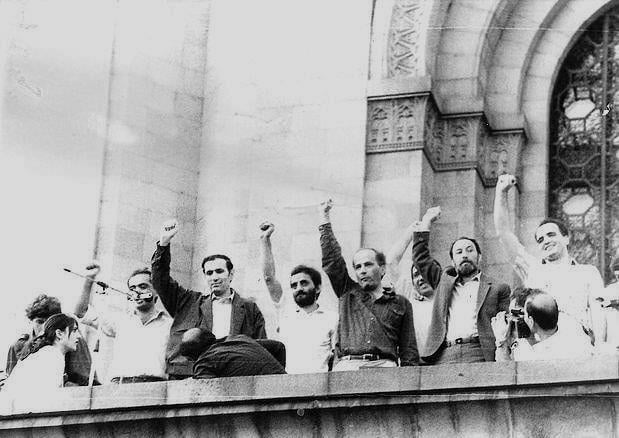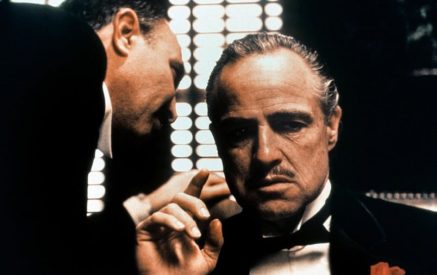For now, I will leave aside the most discussed events of the past 10 days: Prime Minister Pashinyan’s suggestion that he would expose his own genitals to the Catholicos of All Armenians; the open reprisals against opponents—motivated, in part, by petty self-assertion; the National Security Service’s demonstrative raid on the Mother See; and more.
A state can be democratic or dictatorial in terms of its political system (as ours is), strong or weak, victorious or defeated. But it cannot be self-denying. If you deny that your country ever had statehood, then you are, in effect, denying the existence of the state today. And that is exactly what the Prime Minister and his propagandists are doing—at the state level.
According to the official ideology, the Karabakh Movement of 1988 was instigated by the Soviet KGB and was therefore misguided and harmful. As a result of that “mistake,” the state proclaimed in 1991 was not truly sovereign but merely a Russian puppet. Only after the defeat of 2020, we are now told, did Armenia supposedly gain its “sovereignty.” The implication is that Pashinyan was such a brilliant leader that he managed to secure our independence through defeat. Had he been less competent, we might still have Artsakh—and remained a puppet.
This is not only an anti-scientific, ahistorical argument—one that entirely misrepresents what “sovereignty” means—it is also sheer nonsense: a monstrous lie and slander against our own state. It devalues the lives, sacrifices, and struggles of at least two generations. More dangerously, it strikes at the foundations of the current Armenian state. By delegitimizing and effectively “cancelling” the Third Republic, we are providing justification for its dismantling—precisely the goal of our two hostile neighbors.
Read also
By questioning the Declaration of Independence, the Constitution, and the legal validity of every Armenian government’s decisions (including those of Pashinyan’s administration until October 2022), we open the door to challenging them not only politically but also legally.
…And to claim that Levon wanted one thing, while Vano and Vazgen wanted something else, is—at best—distasteful. The latter can no longer speak for themselves.
Aram ABRAHAMYAN






















































